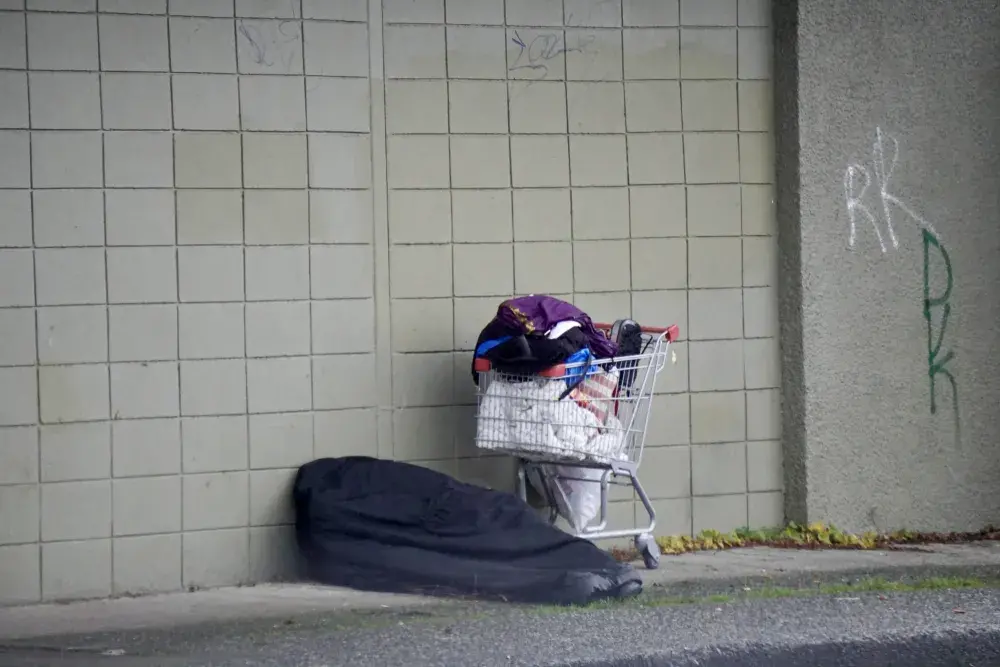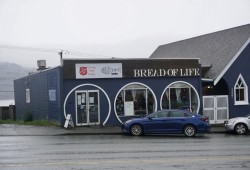Port Alberni has the second lowest living wage in the province, according to a recent report by Living Wage BC.
The 2025 report shows Port Alberni’s living wage at $22.60—the hourly amount that someone needs to earn to meet their basic expenses (including rent, food and transportation). Government taxes, credits, deductions and subsidies are taken into account and it does not include debt repayment or savings for future plans.
The living wage is calculated using a 35-hour working week. Family types used to calculate the wage are a single adult, a single parent with one child and a family of four with two adults and two children. These are then weighted by their prevalence in the population to produce a single living wage for Port Alberni.
Port Alberni is just above Grand Forks ($21.55) and lower than the remaining 25 communities in B.C. listed. Whistler has the highest living wage at $29.60, Metro Vancouver is $27.85 and Greater Victoria is $27.40. Minimum wage in B.C. is $17.85 an hour.
The 2025 report did not include Tofino and Ucluelet’s living wage, but a 2024 living wage report from the Clayoquot Biosphere Trust showed the area’s living wage at $27.40 an hour, which was the second highest in B.C at that time.
According to the 2025 Living Wage report, earning a sustainable amount is essential for low-wage workers who often face the difficult choices of buying groceries or heating their homes, paying bills or making rent on time.
Michael Ramsay, major with the Salvation Army which runs the Bread of Life Centre on Third Avenue, said rising costs of essentials like food and shelter have caused a spike in seniors accessing the shelter and soup kitchen.
“We’ve noticed a really big spike of seniors who are at our soup kitchen on a daily basis and we’ve seen a spike of seniors who have to stay in our shelter…and that is all cost-of-living based things,” Ramsay said. “Folks who are on set incomes, who were able to make it before, are now in situations for the first time in their lives where they have to go to a soup kitchen or a food bank or even a shelter.”
Ramsay said stats show a 70 per cent increase in seniors accessing services through the Bread of Life Centre over the last year. Meal counts for seniors this year are just under 11,000 served.
In the previous 18 months, through services available at the Bread of Life, 23 people who were previously homeless were housed. They served more than 144,500 meals from the soup kitchen and 11,000 from their food truck.
In addition, the Bread of Life served more than 24,000 meals to members of First Nations communities in the last year and a half.
The Bread of Life centre not only offers daily meals to those in need, but a 25-bed shelter and an additional 20-bed extreme weather response shelter. Ramsay said the shelter is at capacity on most nights, with weather and timing of financial supports for clients playing a factor.
Recently, the temporary-use permit for the shelter expired; therefore Port Alberni city council had to decide whether to renew the permit for another three years. City council voted unanimously on Nov. 24 in favour of the renewal.
“In my mind I can’t come to a point where I think a building and service that houses people, feeds people and keeps people safe and off the street in our community is anything other than a help to our community,” said Port Alberni Mayor Sharie Minions.
The most recent homeless count shows there are at least 180 people in Port Alberni without a home.
According to Living Wage BC, nearly one in three workers in B.C. earn less than the living wage.܇Women and racialized workers are disproportionately affected and jobs in food service, retail and agriculture are among the lowest paid.


